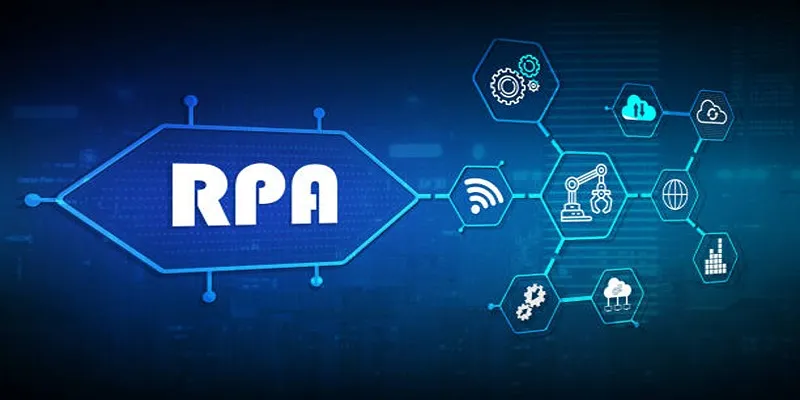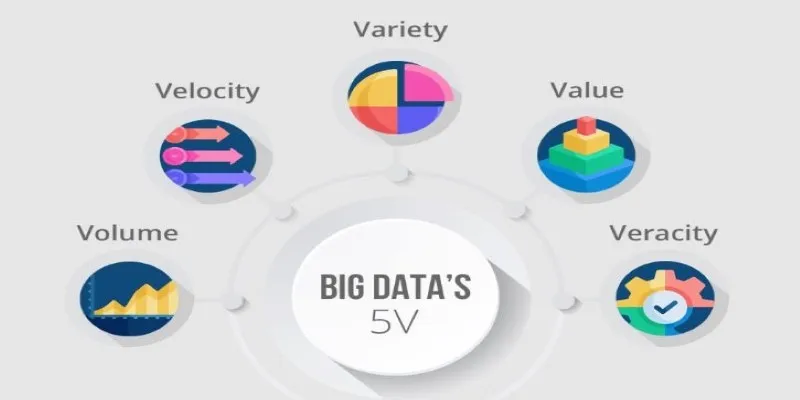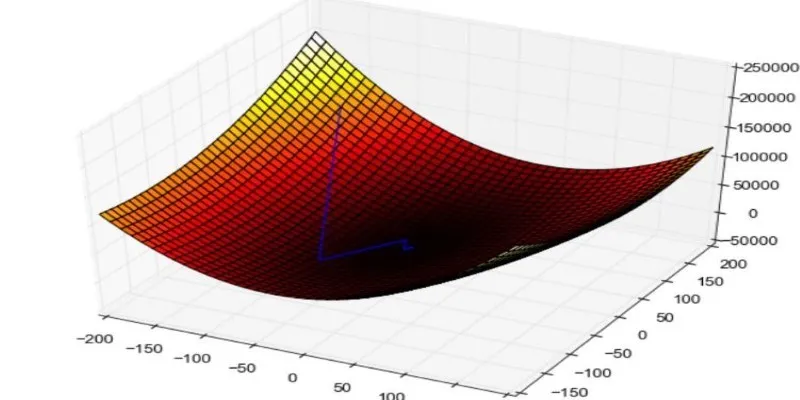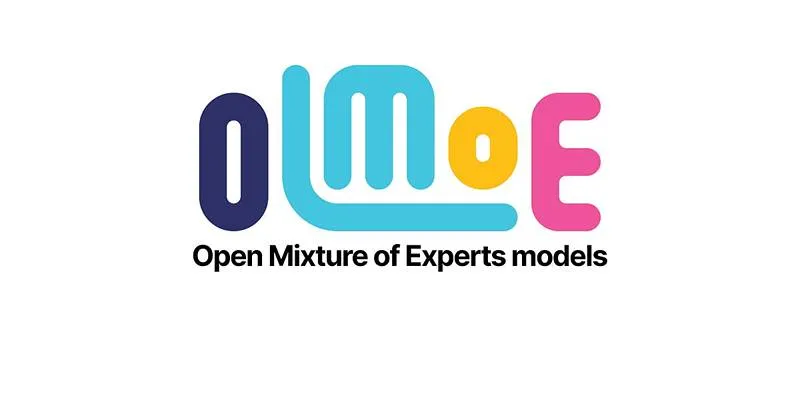The business landscape is undergoing a significant transformation due to Robotic Process Automation (RPA). Choosing the right software tools can be challenging, given the multitude of vendors offering solutions to streamline processes. This guide highlights the top 12 RPA vendors known for their exceptional features, scalable capabilities, and intuitive user interfaces, helping organizations select effective automation solutions.
Why RPA Software Matters

Businesses worldwide are rapidly adopting RPA solutions to enhance their operational tasks. These tools simplify repetitive duties, such as data entry and invoice handling, allowing teams to focus on critical initiatives.
Key benefits of RPA software include:
- Cost Savings: Reduce expenses by automating high-volume repetitive tasks.
- Improved Accuracy: Minimize human error and ensure process consistency.
- Operational Efficiency: Increase productivity by freeing employees to tackle high-value tasks.
- Scalability: Expand business processes without significant overheads.
The Top 12 RPA Software Vendors
1. UiPath
UiPath stands out for its user-friendly interface and advanced capabilities. It is highly recognized for enabling process automation across organizations of various sizes.
Key Features:
- AI-driven automation tools for enhanced decision-making.
- Intuitive drag-and-drop visual editor.
- Extensive marketplace with pre-built automation solutions.
2. Automation Anywhere
Automation Anywhere is a cloud-based platform offering secure and comprehensive automation solutions. Its flexible architecture makes it a favorite among businesses.
Key Features:
- Cloud RPA platform for easy deployment.
- Built-in analytics for performance optimization.
- Bot lifecycle management capabilities.
3. Blue Prism
Blue Prism focuses on automating business operations with a visual, code-free interface, enabling users to build automated procedures without coding expertise.
Key Features:
- Enterprise-grade security protocols.
- Advanced integrations with AI and machine learning.
- Scalable control rooms with rich features.
4. Microsoft Power Automate
Formerly Microsoft Flow, Power Automate is a cloud-based tool that automates tasks across apps and services. Its user-friendly interface requires no coding skills.
Key Features:
- Seamless integration with Microsoft 365 and Azure.
- AI Builder for custom AI-powered workflows.
- Pre-built templates for quick deployment.
5. Kofax RPA
Kofax RPA uses intelligent software robots to automate mundane tasks, increasing productivity and reducing costs by eliminating manual errors.
Key Features:
- Intelligent software robots with cognitive capabilities.
- Integration with existing systems and applications.
- Real-time monitoring and analytics.
6. NICE Robotic Automation
NICE Robotic Automation combines RPA with cognitive technologies to enhance business processes, reduce manual errors, and improve efficiency.
Key Features:
- Advanced analytics to measure automation impact.
- Attended desktop automation for live workflows.
- Tailored solutions for contact centers.
7. Pega Systems
Pega Systems offers an intelligent automation platform that combines RPA with AI, allowing businesses to automate both simple and complex tasks.
Key Features:
- Real-time workflow analytics.
- AI-driven robotic decisions.
- Unified interface for developers and business users.
8. WorkFusion
WorkFusion uses AI and machine learning to automate routine work tasks, offering solutions for data extraction, document processing, and customer service.
Key Features:
- Pre-packaged solutions for regulatory compliance.
- Intelligent document processing (IDP).
- Scalable infrastructure for enterprise workflows.
9. SAP Intelligent RPA
SAP Intelligent RPA is an automation platform offering intelligent bots and human intervention, with integration into SAP products.
Key Features:
- Pre-built automations for SAP’s ERP systems.
- Embedded machine learning capabilities.
- Real-time monitoring and analytics.
10. Appian RPA
Appian RPA combines automation with low-code development, providing a visual interface and advanced features like natural language processing.
Key Features:
- Visual drag-and-drop interface for bot creation.
- Natural language processing capabilities.
- Machine learning algorithms for intelligent decision-making.
11. ProcessMaker
ProcessMaker is a low-code platform that specializes in workflow automation, allowing businesses to design and automate processes without extensive coding.
Key Features:
- Customizable workflows using low-code technology.
- Affordable pricing for growing businesses.
- Rich set of analytics tools for optimization.
12. Electroneek
Electroneek offers a wide range of automation solutions, enabling users to create, test, and deploy bots with ease, enhancing efficiency.
Key Features:
- No-code automation builder.
- Unlimited bot licensing for enterprise scalability.
- Seamless integrations with third-party apps.
What to Consider When Choosing RPA Software

Choosing the right RPA platform involves identifying your organization’s specific needs and long-term goals. Consider these factors:
- Ease of Use: Does the platform offer no-code or low-code capabilities for non-technical users?
- Integration: Will it work seamlessly with your existing tools (like ERP or CRM platforms)?
- Scalability: Can the solution evolve as your operations grow?
- Cost: Does the pricing align with your budget and value delivery?
- Support: Does the vendor provide adequate training and support?
Conclusion
Choosing the right RPA software vendor is crucial for enhancing your business’s efficiency and long-term success. The top 12 RPA vendors highlighted in this guide each offer unique strengths, from ease of use and powerful integration capabilities to robust scalability and dedicated support. When evaluating these vendors, it’s essential to align their offerings with your operational needs, budget constraints, and future growth plans.
 zfn9
zfn9



















